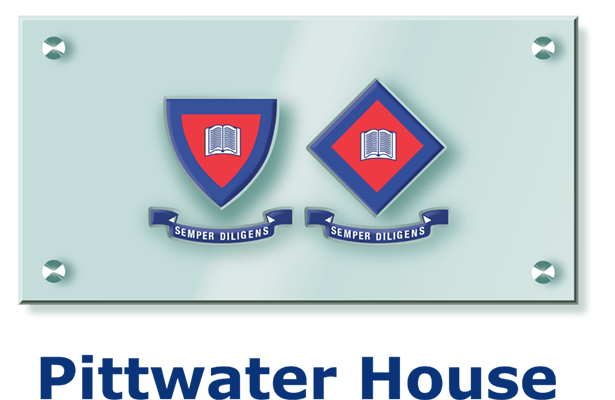We all want our children to be happy
What’s more, we want them to know how to create a happy life in the future. We teach this through positive education, positive psychology and our Self, Ethics and Acceptance (SEA) program.
SEA, teaching diversity, understanding and tolerance
Our Self, Ethics and Acceptance Program provides a supportive, guided space where every student can think about different views, religions and cultures. It encourages our students to engage positively in wider society by bringing learning to life.
The program develops skills in analysis, interpretation, evaluation and empathy. In this way, students build the qualities of critical thinking, mutual respect, tolerance, understanding and engagement with society.
The Self component teaches students to be a good role model and set an example of respect, tolerance and acceptance.
The Ethics component explores what heritage and culture mean and how it affects our lives and views of the world. Ethics helps students understand different cultural values and views, which is essential for building working relationships with people from diverse cultures.
The Acceptance component teaches how tolerance provides an opportunity to learn from others while respecting and valuing their differences in religious and ethical beliefs.
Our positive education approach
Positive education involves teaching both traditional skills and skills for happiness. It teaches students about emotions and how to build healthy relationships.
We believe the skills for happiness, resilience and positive emotion can be learned and should be taught in school. We teach your child to build positive approaches to life, creating a protective net around a variety of issues such as anxiety and depression.
Positive education has been shown to increase enjoyment of and engagement in school, increase curiosity and a love of learning and enhance social skills like empathy, co-operation, assertiveness and self-control. All these outcomes increase academic achievement and build emotional resilience.
Building genuine self-esteem
Our well-being programs go deeper than just external confidence. They build life-long skills in resilience, helping kids find their inner strength and sense of purpose. They help your child go into the world with self-acceptance, self-awareness and strength.
“Positive psychology programs are designed to increase optimism and resilience.”
